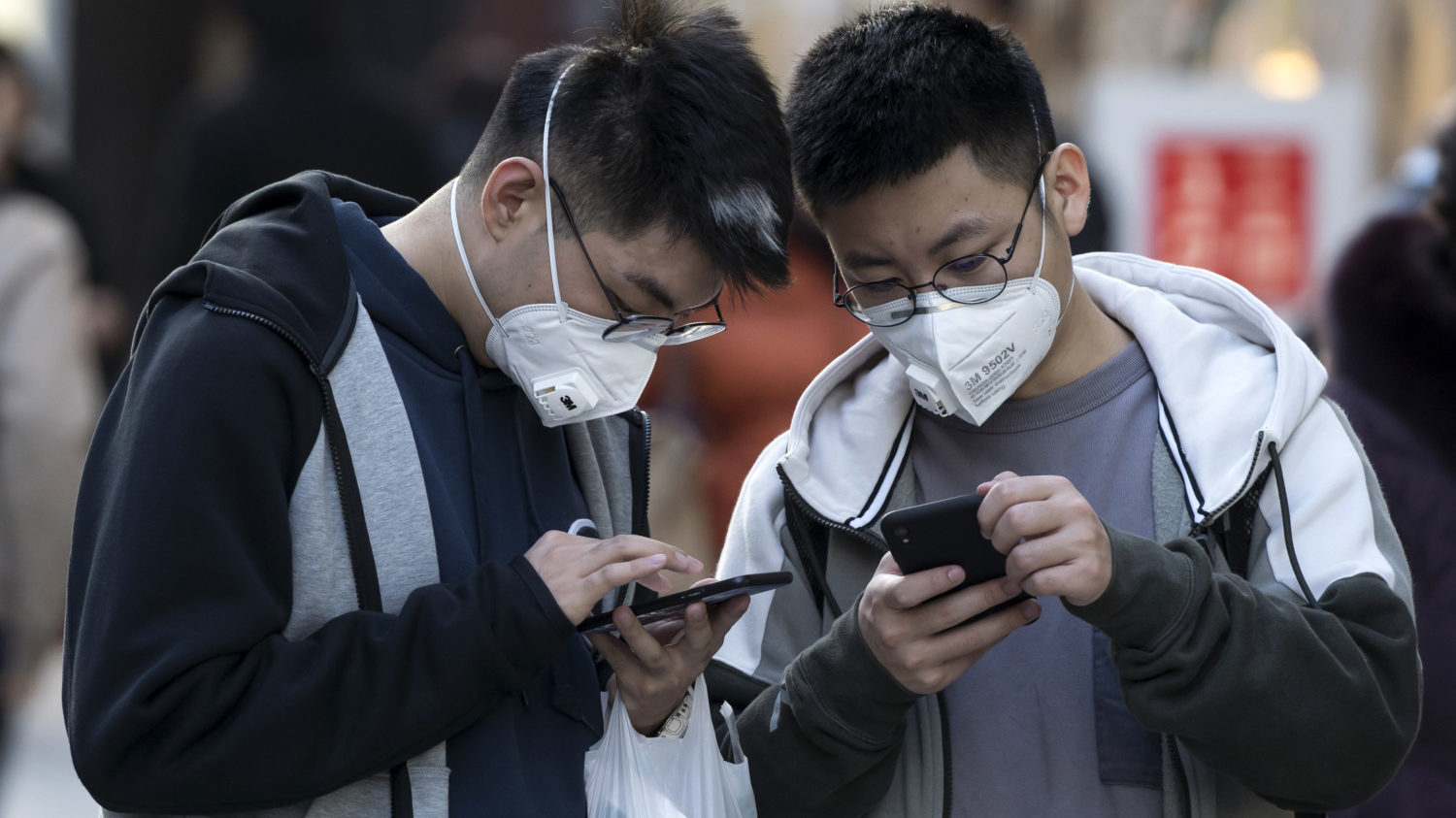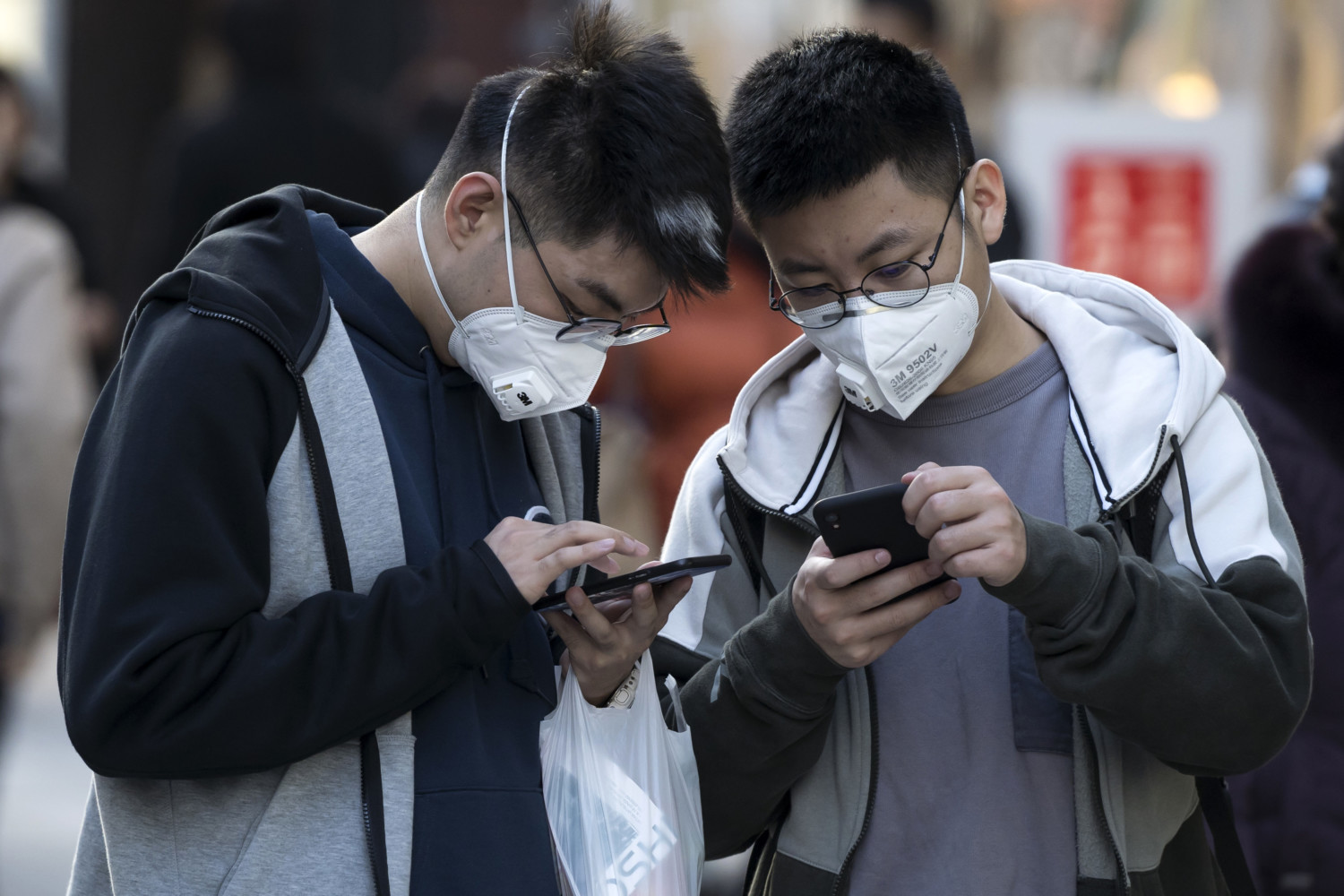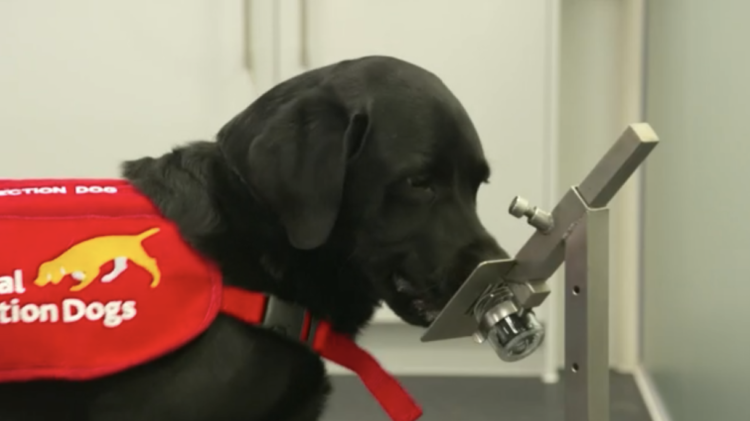The coronavirus could be contagious even before an infected person starts showing symptoms

The Centers for Disease Control confirmed a fifth case of the coronavirus in the U.S. — a virus that causes respiratory infections, usually mild but sometimes lethal — on Jan. 26. According to the CDC, patients have now been diagnosed in four states: Arizona, California, Illinois, and Washington. All of these people had recently returned from the Wuhan region of China, where health officials believe the outbreak began in December 2019.
“Based on the patient’s travel history and symptoms, healthcare professionals suspected 2019-nCoV,” reads the official CDC statement. “Clinical specimens were collected and sent to CDC, where laboratory testing confirmed infection with 2019-nCoV. Investigations are underway to determine where these patients went after returning to the United States and any close contacts who were possibly exposed. CDC teams have been deployed to support these efforts.”
The CDC is providing updates about the coronavirus daily and recommends that U.S. travelers avoid the affected region in China until the virus spread is minimized. For those who have to travel there, health officials recommend practicing normal hygiene routines to avoid getting sick, such as hand-washing and avoiding contact with those who show symptoms of the illness. Symptoms include “a mild to severe respiratory illness with fever, cough, and difficulty breathing.”
But avoiding people with the coronavirus may not be that simple, according to Chinese health officials. This is because the virus may actually spread before any symptoms show up in an infected person. This period in which someone is sick, but does not show symptoms, is called the incubation period. For the coronavirus, the incubation period can last up to 14 days before symptoms show up.
China’s National Health Commission Minister Ma Xiaowei told the press at a Sunday news briefing that the commission’s understanding of the virus is “limited,” but he believes it could be infectious during incubation, making it challenging to stop the spread of the illness.
The U.S. CDC has not yet confirmed Xiowei’s comments.
“It’s important to note that person-to-person spread can happen on a continuum,” reads a CDC report. “Some viruses are highly contagious (like measles), while other viruses are less so. It’s not clear yet how easily 2019-nCoV spreads from person-to-person.”
Chinese health officials believe the virus started in animals and has banned the sale of all wildlife in the country as of Jan. 26. However, no official cause has been determined for the virus, which is now spreading to multiple countries in the region and beyond.
The CDC says this is a “rapidly evolving situation and the risk assessment may change daily.”
To keep up with these health updates, visit the official CDC webpage designated specifically for coronavirus news.






